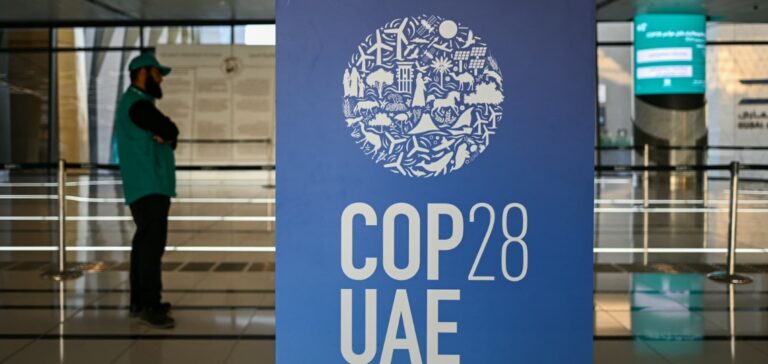As the issue of global warming gains in urgency, attention is now turning to a crucial but often overlooked aspect: investment in developing countries. According to a recent UN report, insufficient funding for these nations poses a serious risk to the achievement of global climate goals. This report, published as a prelude to COP28, reveals that current investments are far from sufficient to meet these countries’ growing needs in terms of energy transition and climate resilience.
Financing issues
The figures are alarming: current investments would have to be quadrupled, reaching some 2,400 billion dollars annually by 2030, to enable developing countries, with the exception of China, to meet the objectives of the Paris Agreement. These investments should focus on clean energy and measures to adapt to climate change. However, the reality is quite different, with allocated funds stagnating, leaving these vulnerable nations to face an uncertain future.
A race against the clock
Nicholas Stern, co-author of the study, highlights a direct link between lack of investment and the inability to effectively reduce greenhouse gas emissions. Time is running out, and the COP28 negotiations are shaping up to be a decisive moment. The report warns that failure to secure the necessary funding could mean the failure of the Paris Agreement, with disastrous consequences, especially for the poorest populations.
Challenges for developing countries
These countries, often the least responsible for global warming, are nonetheless bearing the full brunt of its harmful effects. They face major challenges such as extreme weather conditions and rising sea levels. Paradoxically, these nations are experiencing rapid growth and rising energy demand. Experts suggest that the answer lies in a shift towards clean energy, provided that financial and debt barriers are overcome.
With COP28 just around the corner, the UN’s call for a radical change in the way developing countries are financed sounds an alarm. This financial challenge is inseparable from the fight against climate change, and its resolution is imperative to ensure a sustainable future for all.






















